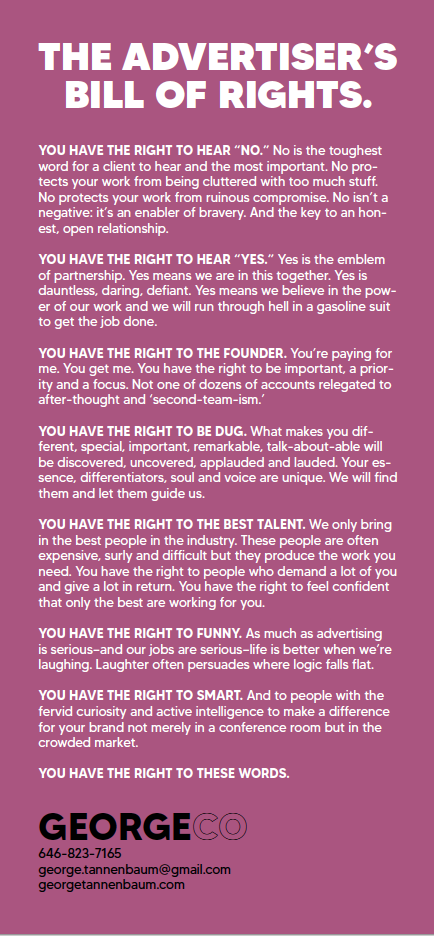A few of my friends lately, the few who still commute, or who aren't afraid to leave their apartments, have posted a thing or two about the new Moynihan Train Hall in Manhattan. It was built to alleviate the filth and density of the ill-conceived and ill-executed Penn Station--the busiest train station in the country.
I was alive when Mead McKim and White's palatial Penn Station was demolished. It fell to the wrecker's ball between 1963 and 1966, but I really don't remember it. My family was more apt to drag me by my ear through Penn Station's rival, Grand Central. During my youth that was our urine-scented transportation hub of choice.
The great Yale architecture professor and historian, Vincent Scully, had this to say about the original Penn Station. "We used to come into New York City like gods. Now we come into New York like rats."
I thought about rodent skulking, then watched this seven-minute video on the destruction of the station.
I've been more than a little disconsolate lately. But I couldn't help but thinking that this short documentary excerpt ostensibly on a train station was really a documentary about everything old that's been razed and demolished, including me and my industry.
"One by one, the enormous Doric columns, winged eagles and granite angels that had ornamented its facade, were cut down, carted away and dumped in a foul-smelling swamp in the New Jersey Meadowlands....It's a sad commentary on the ideology of modernism, the belief that new is better, the belief that modern efficiency or that the profiting from new construction is an adequate replacement for the traditions and heritage and the real meaning of places in peoples' lives."
Though GeorgeCo., LLC, a Delaware Company is doing better than I've ever dreamed possible (I fully believe my account roster is more prestigious than the agency that threw me out at the age of 62 after eleven years of tireless service) it's hard, on gloomy early mornings not to feel disregarded, disrespected and disposed of.
It's hard to have your own personal Doric columns carted out to a smelly swamp and left to decay. It's hard to no longer be something people look up to. It's hard to be structurally and spiritually "de-institutionalized."
Maybe it's just me--just my sensitivity, and my need to be needed, but getting Willy Loman'd sucks. They've taken the orange and thrown away the peel.
It especially sucks when you feel like the old Penn Station. And you see how linoleum and neon and particle-board your replacement is.
And how thorough the destruction by people rich in money and impoverished in soul.















